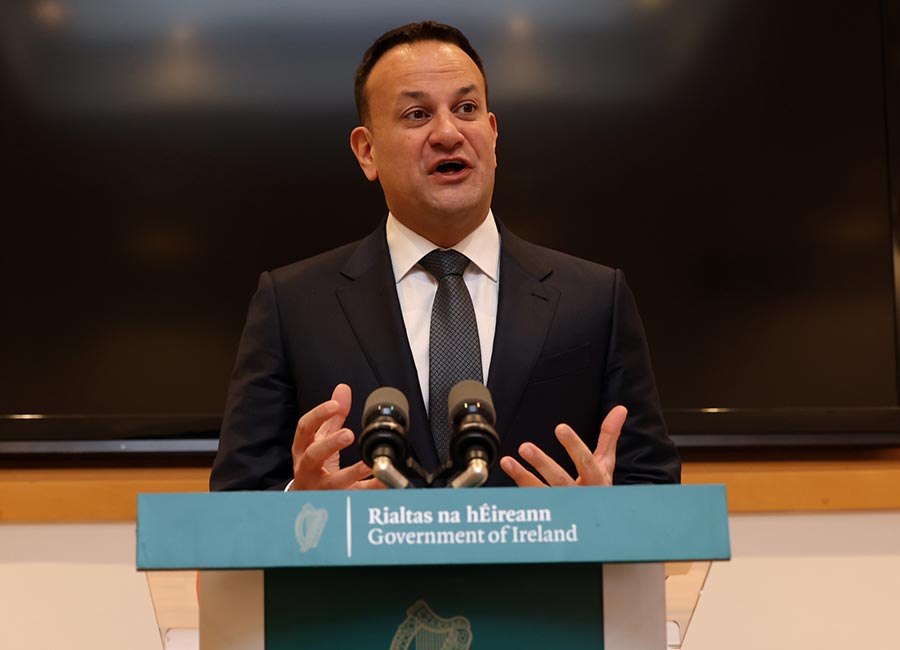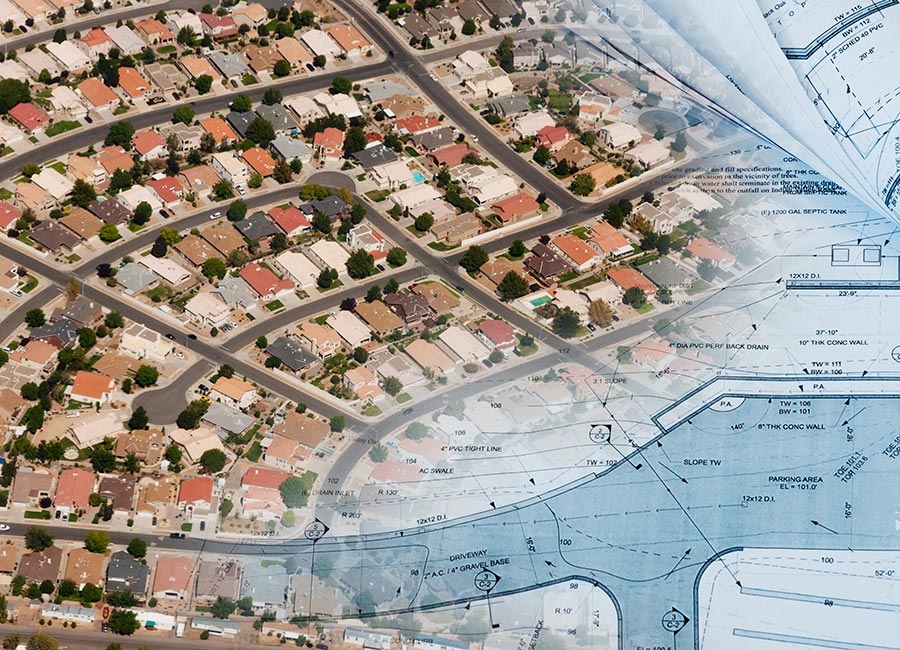A significant amount of land zoned for housing is being hoarded "to inflate land value and sell it on", Government officials have conceded.
Land hoarding is now seen within the Department of Housing as preventing the level of delivery needed to meet housing supply targets.
It comes as a new 3% Residential Zoned Land Tax (RZLT) aimed at forcing land development has been branded too low given the scale of the crisis.
Two separate reports from the Economic and Social Research Institute and the Department of Public Expenditure and Reform in recent weeks have highlighted the issue.
There are currently 81,000 planning permissions for residential development, which have not been activated according to the Department of Housing.
An official at the department said that while viability around development costs are an issue, it seems land hoarding is a greater issue.
They said a significant issue was "people not developing that land and using the planning permission to inflate the land value and sell it on".
Land that is zoned for residential development and has been serviced after 1 January 2022 will be liable for the RZLT, with the first payments being made in 2024. Around 8,000 hectares of active farmland is set to be included in the tax, despite strong opposition from the Irish Farmers Association.
House builder Glenveagh currently has an active advertising campaign seeking to partner with land owners they feel might be impacted by the tax.
An official in the Department of Finance said that while some farming residencies won't welcome the tax, there are "developers who can't get enough land" in the midst of a housing crisis.
Those wishing to avoid the tax could apply to have their residential land de-zoned, but this was required to be done by January 1.
Questioned about the 3% rate of the tax, officials at the Department of Finance said "the rate can be assessed after it has been embedded".
"With any new tax we want to establish a base rate and assess how effective the tax is at achieving its policy objectives," they said.
Sinn Féin finance spokesman Pearse Doherty said that 3% rate was far too low given the scale of the housing crisis.
Doherty said the two-year lead-in time with the RZLT was also unacceptable. "There's two things that you have to do. This tax isn't aimed at bringing in revenue, this tax is aimed at behavioural change, it's ensuring that land hoarding isn't taking place, it's ensuring that land is released either to be developed or sold on to somebody who will develop it for the purposes of housing, he stated.
"And even if the land is released there is then a lead in time in terms of planning application development, construction, and delivery of homes."

Previous reports by the National Economic and Social Council have pointed to land hoarding as a key issue in solving the housing crisis.
"The focal point for competition is land acquisition and land hoarding, rather than quality or value for consumers. Overall, the supply of land is uncertain, patchy and costly. This tends to make the housing system risky, unstable and unaffordable," the 2018 NESC report stated.
Leo Varadkar highlighted the issue of unactivated planning permissions in the Dáil when he was reappointed as Taoiseach in December.
The Taoiseach and the housing minister are holding a high-level summit with housing stakeholders today in a bid to improve the government's Housing for All strategy.








